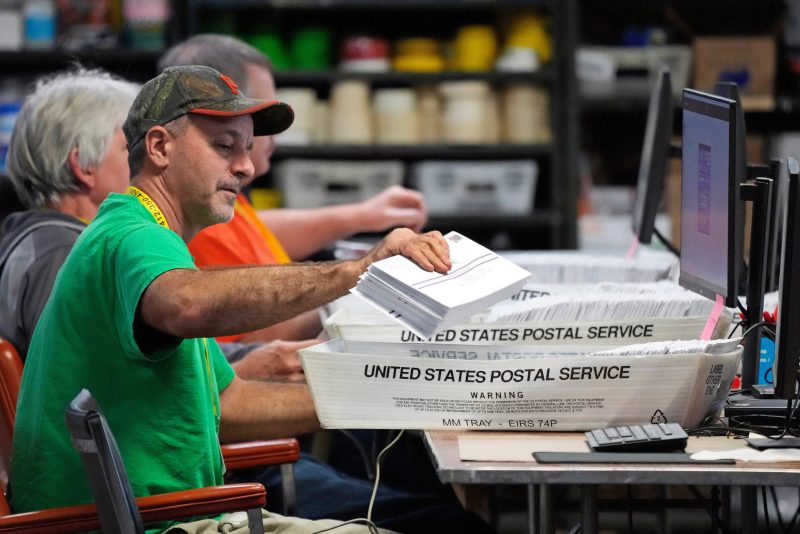In the heart of American politics, Republicans are currently facing an unprecedented backlash due to their controversial lawsuits that target overseas and military voting. The lawsuits, which have become a critical aspect of political discourse and debate, are viewed by many as an attempt to limit and suppress voter turnout, particularly for soldiers serving overseas.
The Republican party has held steadfast, defending these lawsuits as an effort to maintain election security. The party insists that the suits are designed to combat potential voter fraud, an issue that has been highly controversial and widely debunked by numerous investigations throughout recent years. However, these statements have done little to quell the growing displeasure among critics who see this as a blatant attempt to infringe upon the democratic rights of overseas and military personnel.
One widely discussed example of these lawsuits is from Nevada, where the Republicans’ legal action sought to invalidate the state’s overseas and military voting law due to alleged non-compliance with the Uniformed and Overseas Citizens Absentee Voting Act (UOCAVA). Their argument is that certain mail-in ballots should be considered unconstitutional.
However, these lawsuits are not without significant opposition. Critics argue that such legal actions are not rooted in a genuine concern about election security, but rather as an attempt to limit the voting rights of demographics that are perceived to lean more Democratic. This, they assert, represents a grave threat to the democratic process and the rights of American citizens.
Particularly vocal are those within the military community. The fact that these lawsuits target military personnel, who are overseas defending the nation, makes it even more contentious. Many military families and veterans feel directly targeted. They perceive these actions as a disregard for the service and sacrifice these personnel make for their country.
Political pundits argue that these legal maneuvers and their attendant backlash could significantly impact the Republican party’s standing among military voters— a demographic traditionally viewed as conservative-leaning. This audience’s potential alienation could change the electoral landscape in the Republicans’ disadvantage.
In a broader national context, these lawsuits are being framed as part of a larger strategy of voter suppression that has been criticized in various Republican-led states. The democracy and fairness of public elections are significantly threatened by such tactics.
Civil and human rights organizations continue to push back against these tactics, supporting measures to expand rather than restrict voting rights. They insist that democracies function best when all members of the society have equal and unhindered access to the ballot box.
Ultimately, the Republican lawsuits targeting overseas and military voting continue to fuel the debate around voter rights and election integrity. It underscores the delicate balance between the need for secure elections and the fundamental right of every American, at home or abroad, to cast their vote in deciding the future of their nation.
